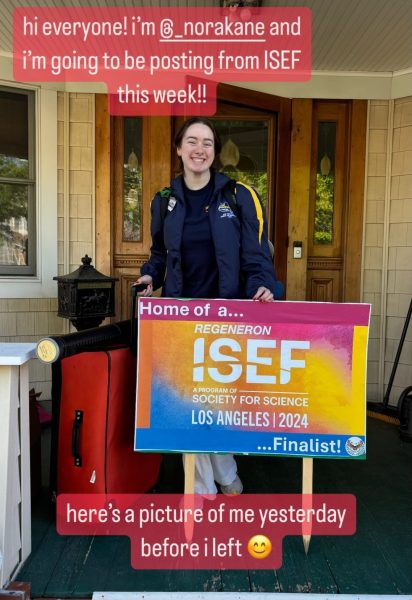Repost Hoax: The Dangers of Online Giving
Celebrities, social influencers, and environmentalist companies turned to social media to spread awareness of the recent Australian bushfires. This natural disaster left devastating damage in many parts of Australia. Amid such a tragic event, people all around the world have looked to help in any way they possibly can. Since many countries are so far from Australia, it is difficult to do anything beyond donating money or other resources; this is where social media takes play. A large number of people responded in positive ways to this disaster by sending donations to Australia in its time of need. Celebrities such as Chris Hemsworth, Elton John, P!nk, and Kylie Jenner have donated millions of dollars to help the cause.
However, others took advantage of people’s generosity and willingness to help. These criminals tried to scam people out of their money. As the news of these devastating fires grew, people began creating social media accounts that claimed to be donating money to Australia after every repost they received. The account would post a photo with a message such as “Repost to donate to Australia” or “1 like = $1 donation.” Since these posts seemed credible, users immediately started to repost the photos. From there on, Instagram stories became flooded with these same posts.
Along with reposting these photos thinking they really contribute to the cause of Australia, many people began to donate money to those fraudulent accounts as well. Soon enough, people became suspicious of the accounts, as many of them had only one post (the post that claimed to donate money). On Jan. 8, 2020, an account on Instagram called @exposing_fake_posts posted a thread exposing three major accounts that took part in this scam.
The thread included an explanation of why and how the accounts are fake: “They are all fake. Do not trust them, do not donate. They don’t donate anything… They use the events to get followers, and once they have enough they sell the account away…” Immediately, many followers of this account began to share this thread in order to pass the message along to people who might have donated money or reposted the accounts’ photos.
In today’s world, falsely charitable social media accounts are common. For years, people have been conducting scams upon scams, and they have only gotten harder to identify as it is easier to make a scam look real. Senior Sara Bahri commented, “It is definitely difficult to depict between what is real and is not real on social media. You hope that people are actually doing what they say since it may seem real. Some ways that you can tell it is a scam is if they don’t have reliable websites, they don’t have that many posts, and they follow a lot of random people. You also might be able to tell through your own innate intuition that they are searching for clout as opposed to serving the common good and fulfilling their promise.”
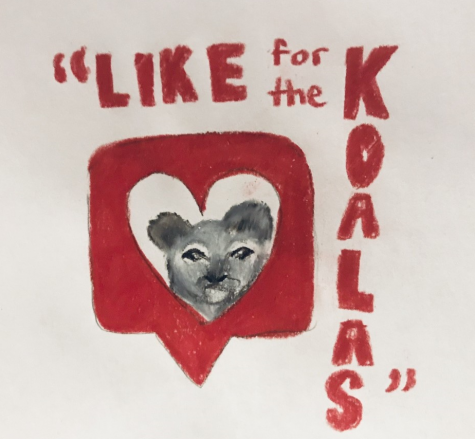
Instagram has taken some action and has removed a few of the scam accounts, but it has not done much else in the prevention of these accounts on their platform. Many think Instagram does not need to do much more and that users themselves need to be more mindful when it comes to donating to accounts/organizations on the Internet. Senior Djellza Pulatani commented, “I don’t think Instagram should be doing more. People are very quick to donate money without ensuring these accounts/organizations are real. It’s up to the individual to be smart with their money.”
While being aware of the validity of what you repost on social media, donating to legitimate organizations can go a long way and may even help to stop these catastrophic environmental dangers. Senior Andie Glanzer stated, “Other than directly donating to organizations yourself, one of the best ways to prevent situations like these in the future are to vote for candidates who take climate change seriously when you turn eighteen. More tragedies like the Australian wildfires will occur across the world until solutions to climate change are implemented.” Elimination of all scam/spam accounts is not likely, which is why it is important for users to be mindful of what they repost or who they donate to on the Internet.
The recently devastating wildfires have taught many not to donate their money to random accounts or organizations. Fake accounts are everywhere, and they are becoming harder to distinguish from those that are real. If planning to donate money to an organization, it is important to make sure the organization is legitimate.

Hi! My name is Lexi, and I am a member of the Class of 2022. I am a features editor and enjoy writing for Horizon.


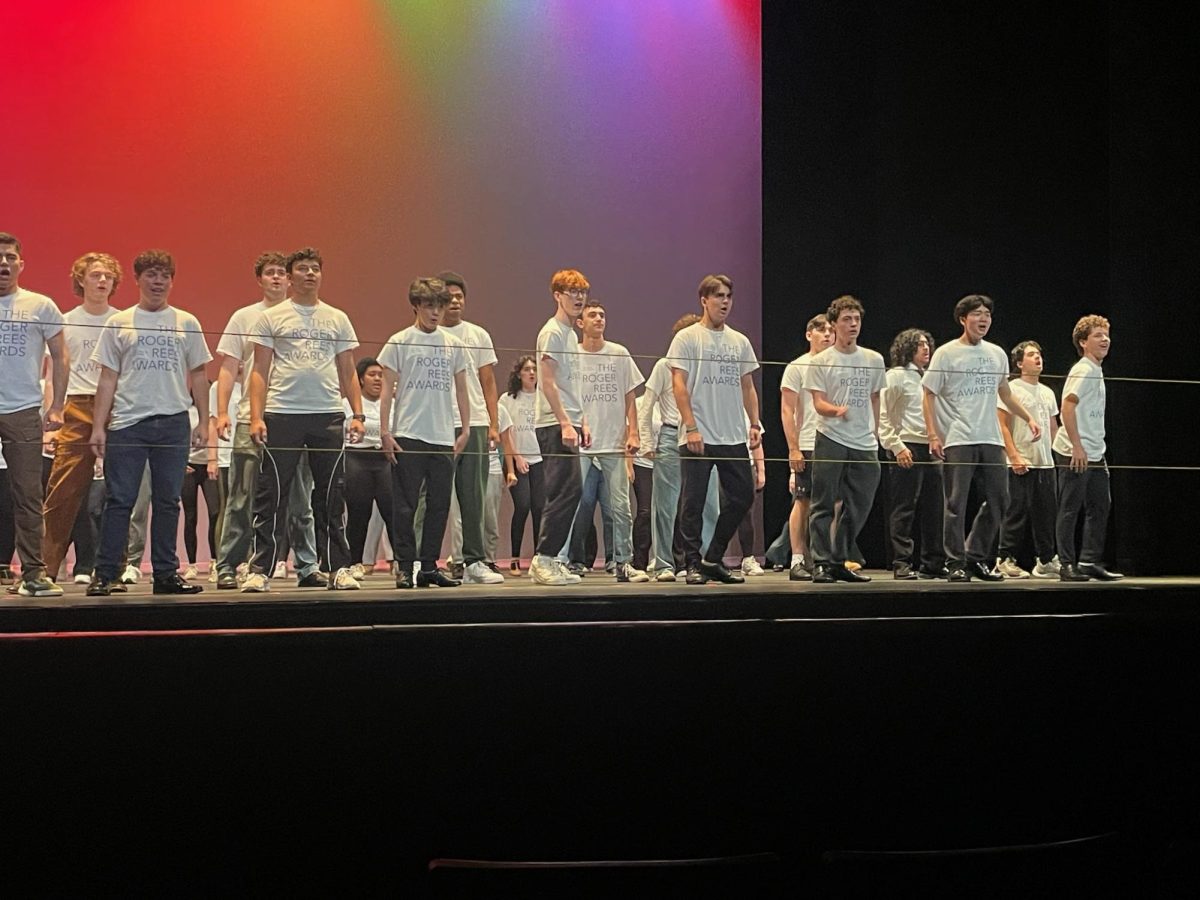


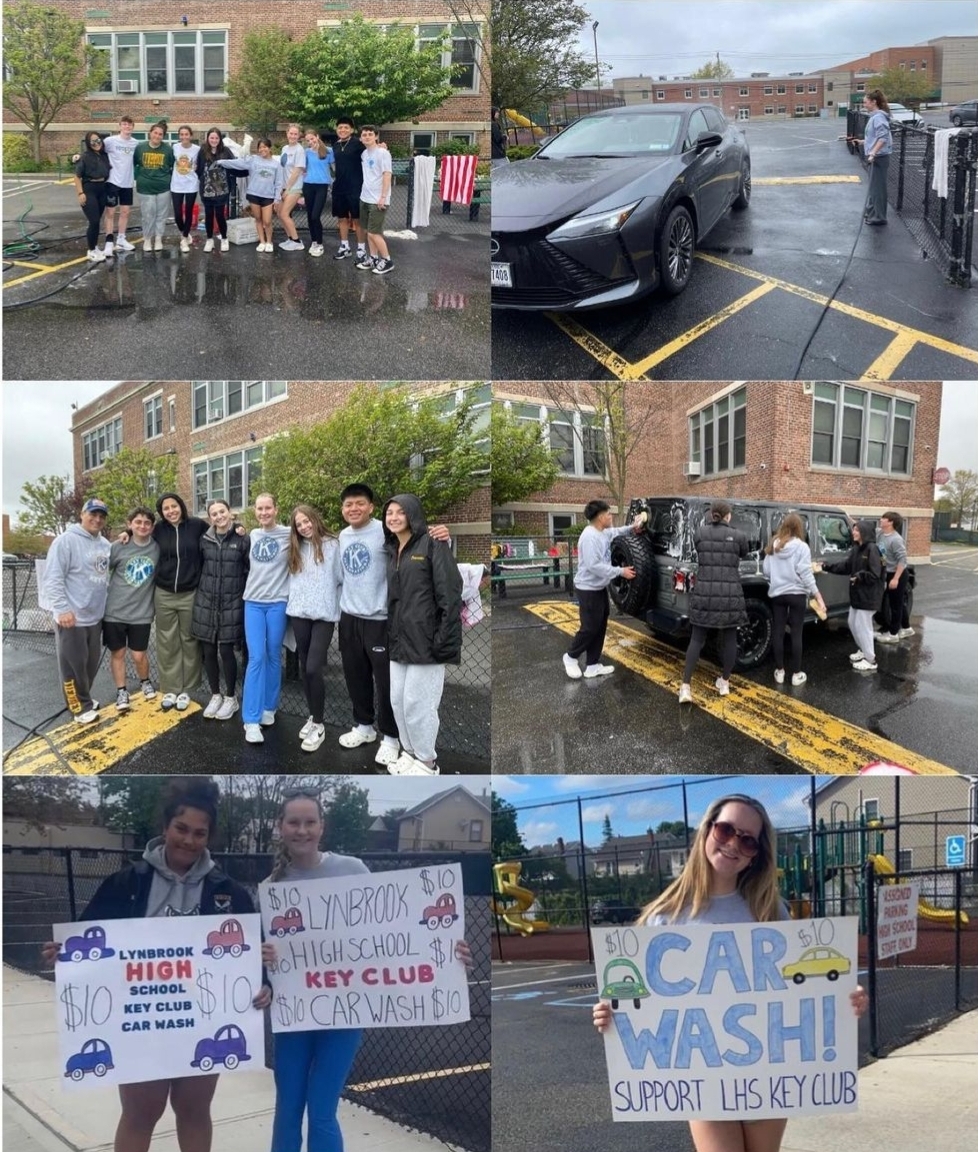










![Key Club members pose for a photo with Club Advisor Dr. Tieniber [far right] at Stonebridge Country Club. Photo Courtesy of @lhstieiber Instagram page.](https://lhshorizon.com/wp-content/uploads/2024/10/tempFileForShare_20241014-162748.jpg)
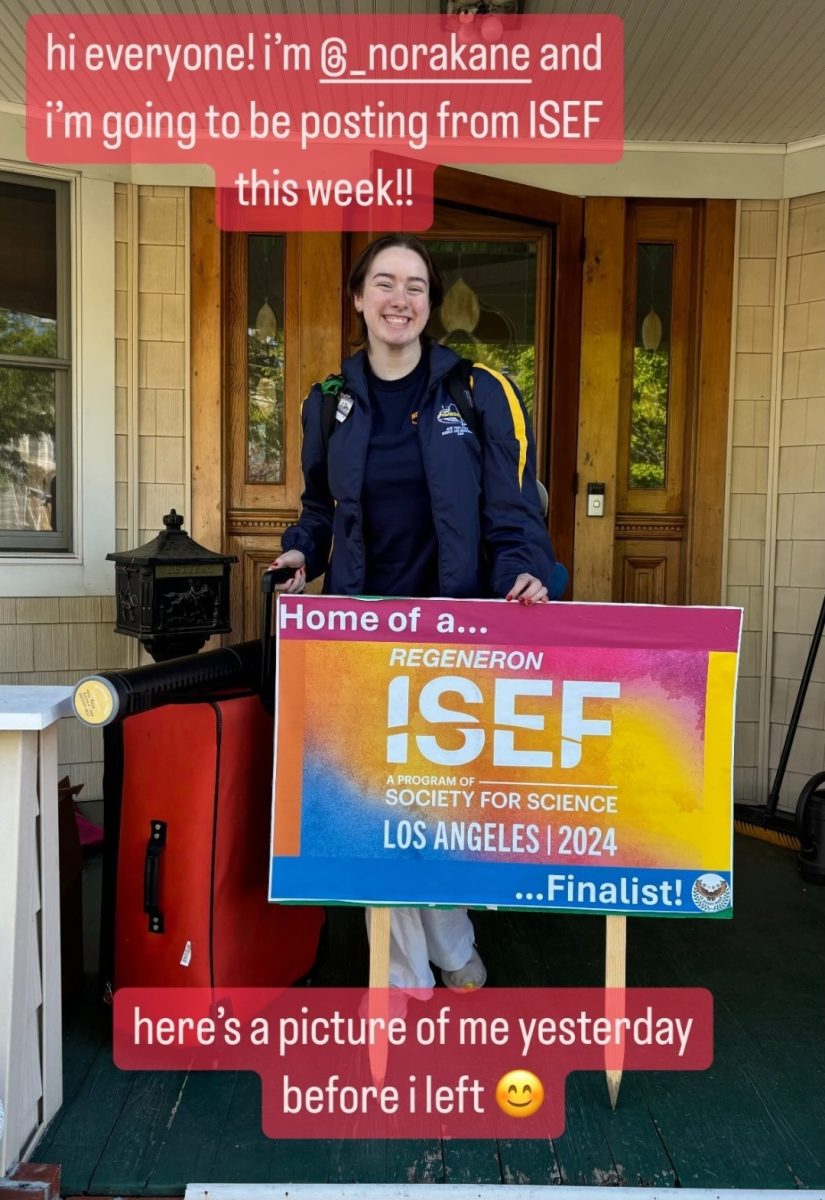















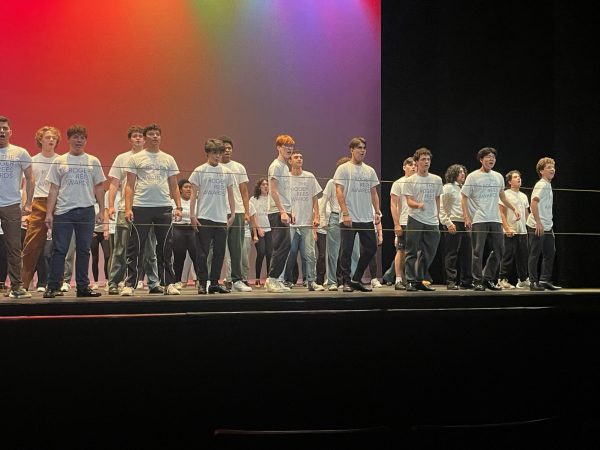


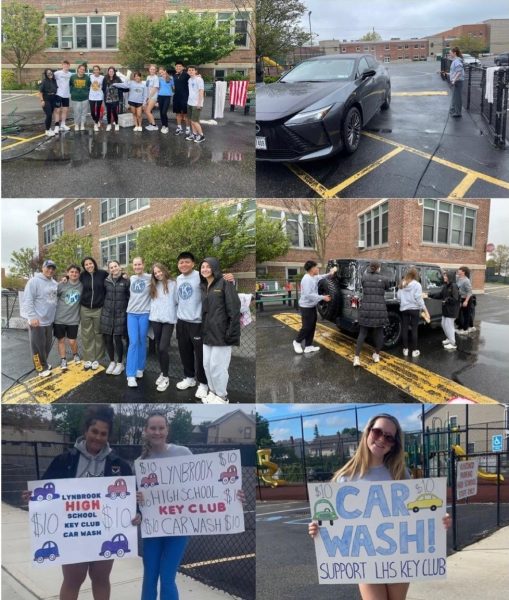


![Key Club members pose for a photo with Club Advisor Dr. Tieniber [far right] at Stonebridge Country Club. Photo Courtesy of @lhstieiber Instagram page.](https://lhshorizon.com/wp-content/uploads/2024/10/tempFileForShare_20241014-162748-600x448.jpg)
